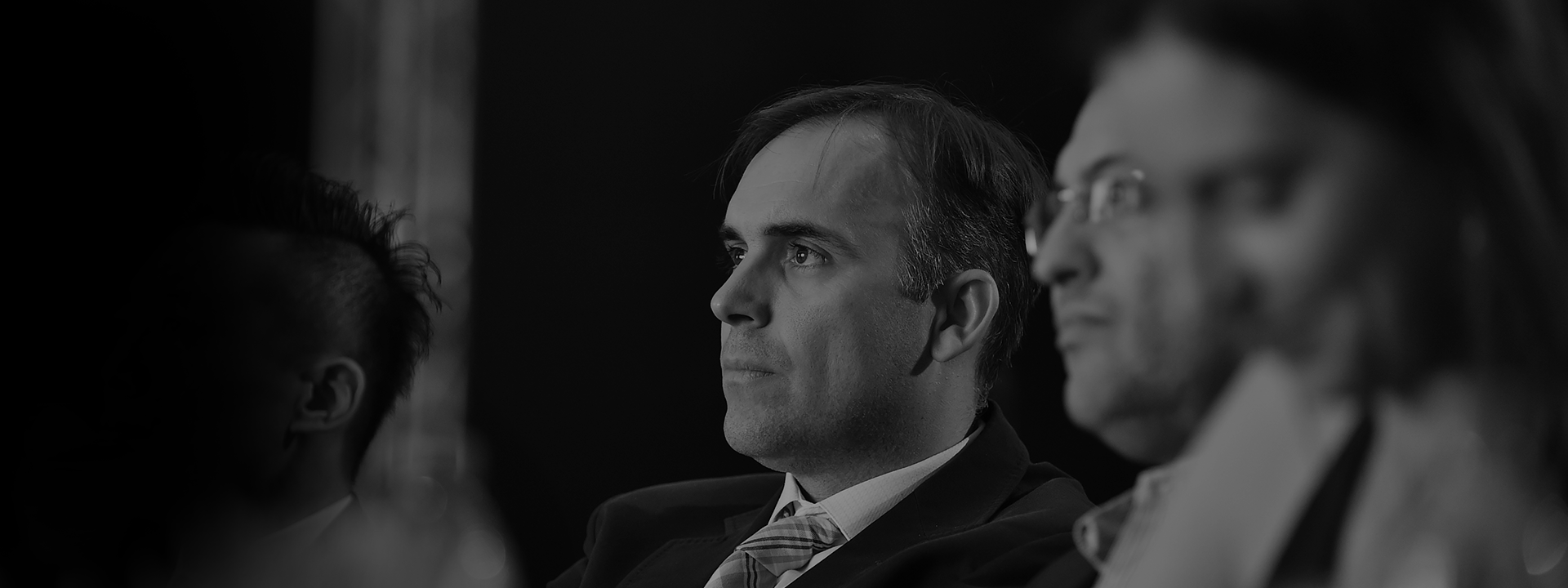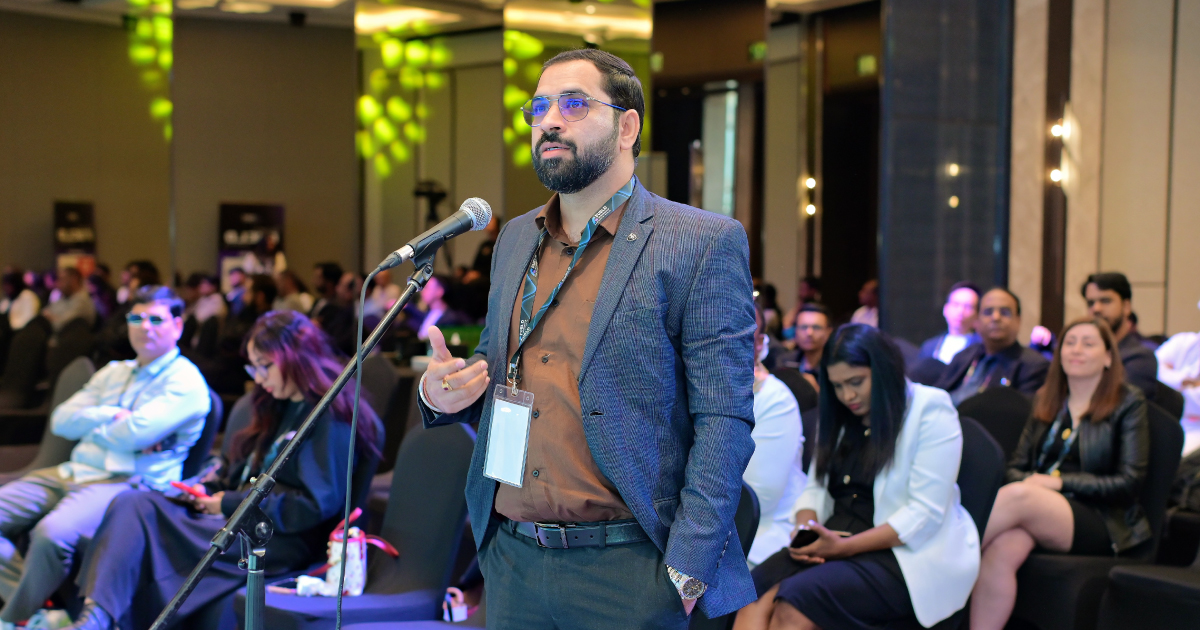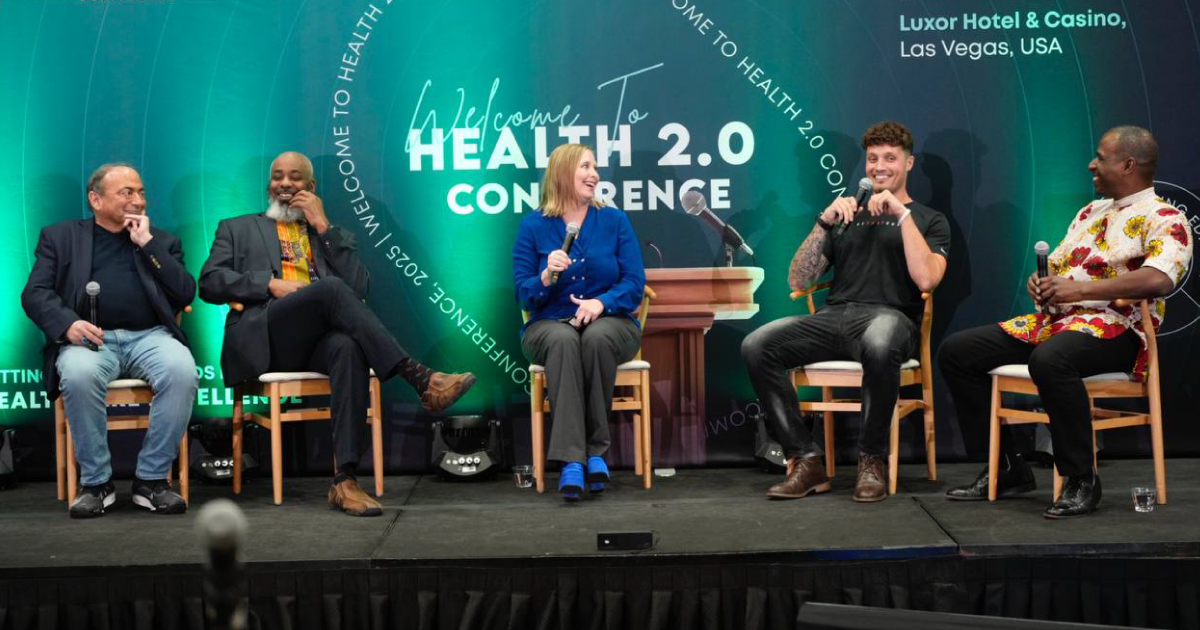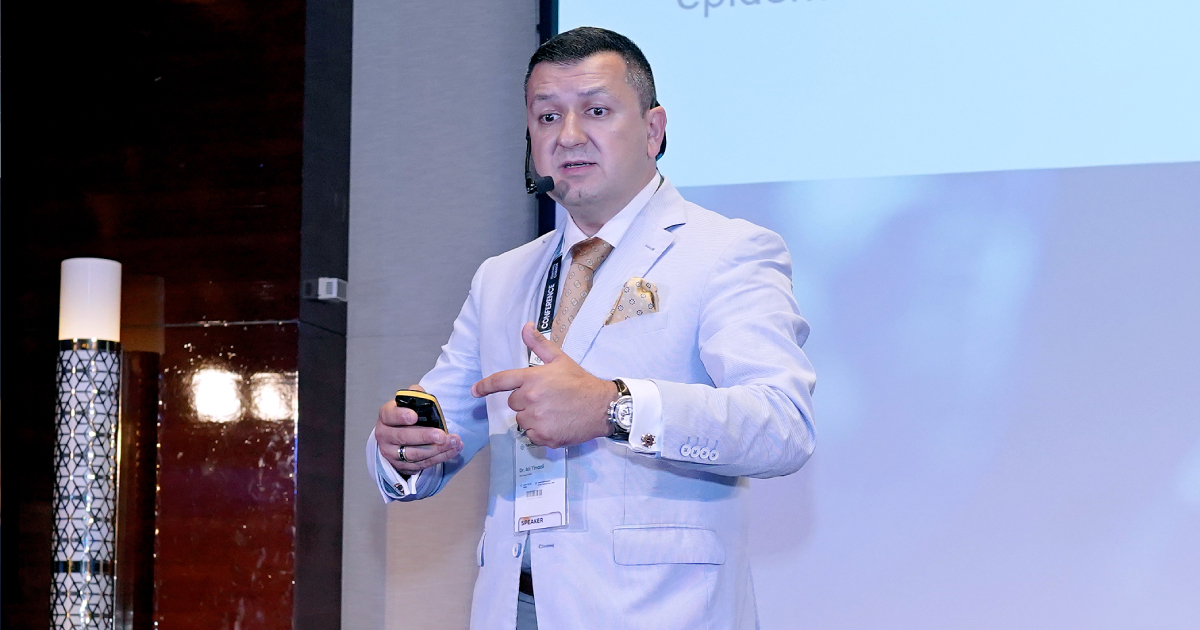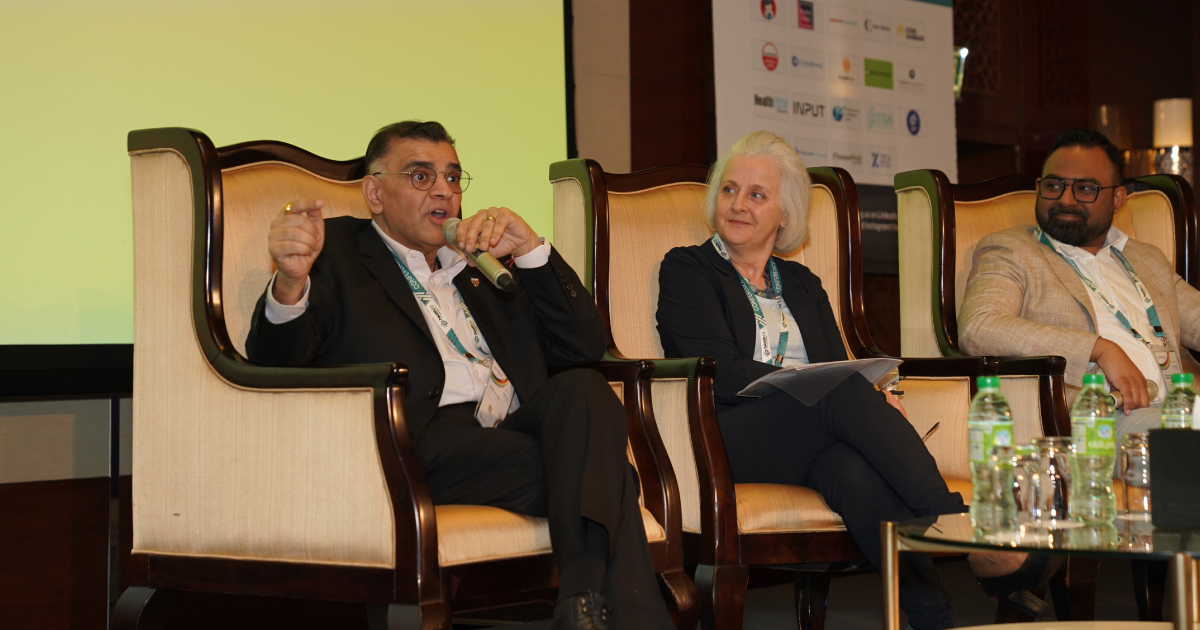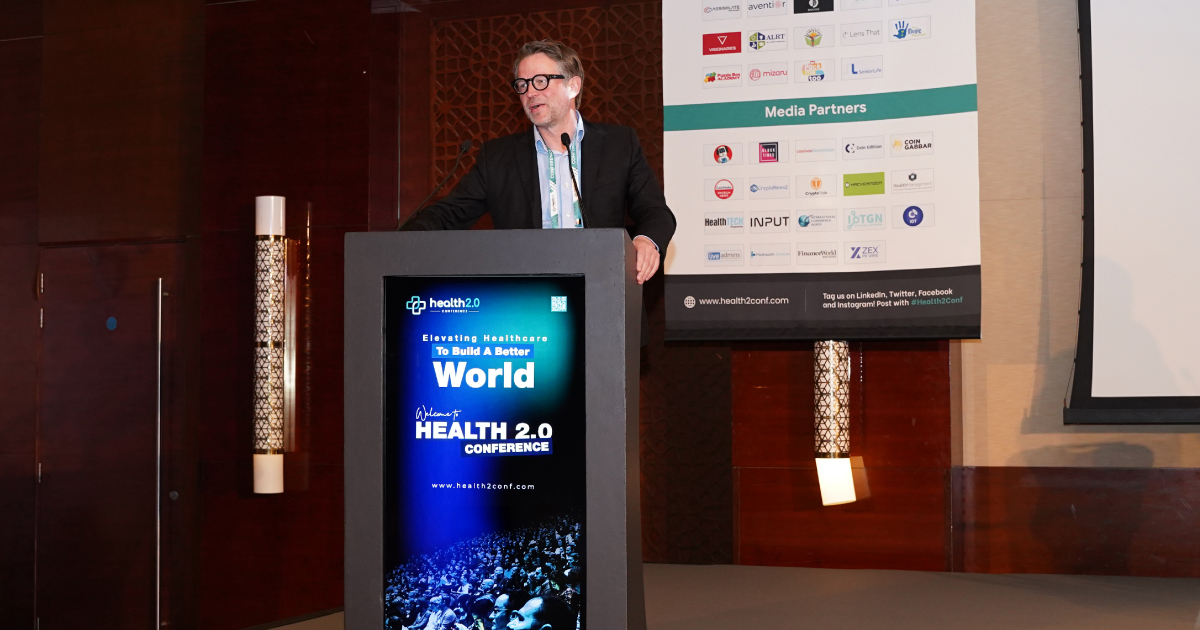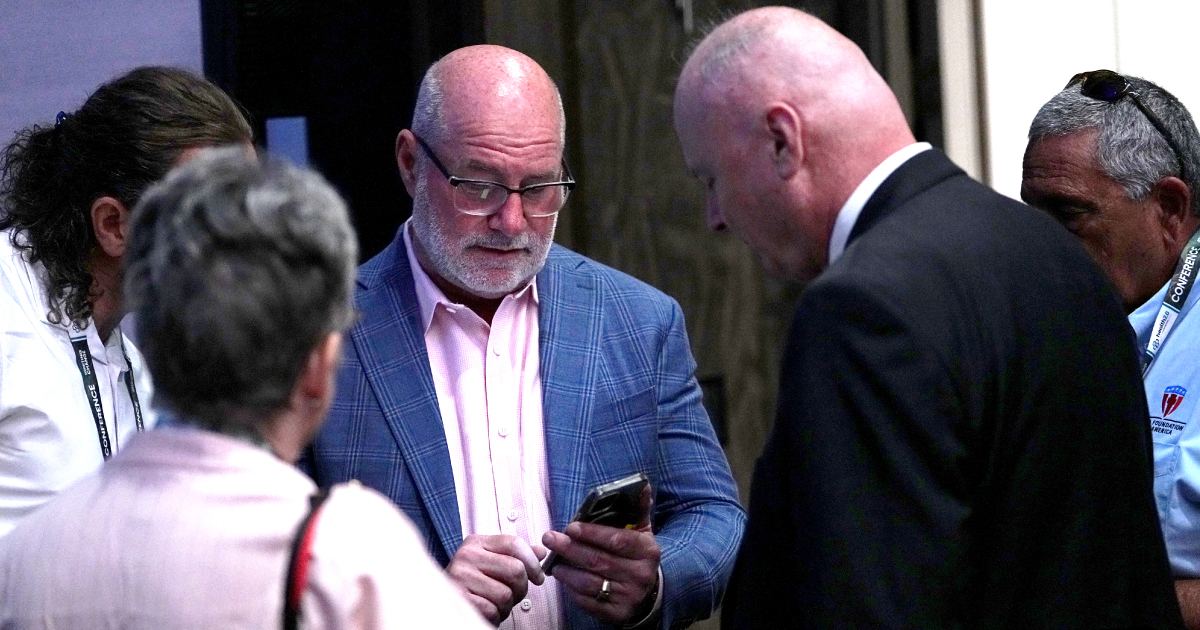Posted on : May 01, 2023

Veterans are unique because they served in the military and risked their lives to protect their nation. They have made enormous sacrifices to protect their country's liberties and principles. It comes as no surprise that they may confront one-of-a-kind obstacles, such as physical and mental health concerns that need specific treatment and assistance. This is why veteran healthcare is a specialized sector of healthcare in the USA.
Healthcare professionals often wonder how they can improve aid and assistance for veterans and their families. Many healthcare conferences in Dubai, like Health 2.0 Conference, discuss the use of technology to enable the most advanced healthcare at their service. Read on to discover how healthcare for veterans is taking new forms in today’s modernized era.
Why Do Veterans Need Special Healthcare Services?
Safeguarding a whole nation from potential threats is no small deed. Since veterans experience specific health difficulties as a result of their military service, it is only natural that they require specialized treatment. During their service, veterans become exposed to environmental risks such as toxins or radiation, which can lead to long-term health concerns. Let’s break down their health concerns into two levels:
- Physical Ailments
Veterans, particularly those who participated in combat positions, are prone to musculoskeletal ailments. Environmental risks, such as toxins or radiation, can potentially cause long-term health concerns, such as cancer, during military duty. Another major physical health risk among veterans is traumatic brain injury (TBI), particularly among individuals who have been exposed to explosions or other forms of head traumas. Veterans have a greater incidence of certain health disorders than the general population, such as diabetes, heart disease, and cancer.
- Mental Health Concerns
Veterans may develop mental health problems as a result of battle exposure, such as post-traumatic stress disorder (PTSD), traumatic brain injury (TBI), and chronic pain. Experts at renowned health conferences reveal that PTSD affects veterans more than civilians. PTSD affects 7 out of every 100 veterans at some time in their lives. Chronic pain, sleep issues, anxiety, and depression are all prevalent health issues in ex-military individuals and is often associated with being a leading lifestyle concern in veterans.
According to research, roughly 14% to 16% of US servicemen deployed to Afghanistan and Iraq suffer from PTSD or depression. Veterans who have served in the military are more prone than civilians to suffer from mental health problems or cognitive damage.
How Do These Concerns Affect Veterans And Their Families?
Concerns about physical and emotional health may have a major impact on veterans and their loved ones. Physical health issues can limit a veteran's ability to work and participate in everyday activities, causing financial and social hardship for the veteran and their family. Mental health issues, such as PTSD and depression, can cause social isolation, relational issues, and trouble functioning in everyday life. Family members of veterans with mental health issues may also face secondary trauma and stress due to their loved one's illness. It isn’t hard to imagine that their lives become rather deranged from optimal well-being standards.
Government Effort And Aid For Veterans
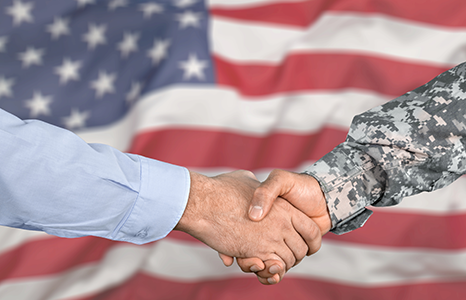
The Department of Veterans Affairs (VA) provides specialized healthcare services to qualified veterans to address these particular health issues. The VA is America's biggest integrated healthcare system, with 1,298 healthcare institutions, including 171 medical centers, providing care. Veterans who served in the active military and were separated for reasons other than dishonorable discharge may be qualified for VA health care benefits.
Additionally, there are community-based organizations and support groups that offer services and assistance to veterans and their families. Many healthcare events in 2023 are increasingly targeting this subject as a highlight agenda owing to the increasing precedence of veteran diseases and concerns today. Health 2.0 Conference, one of Dubai’s top upcoming healthcare conferences, shares some specialized healthcare treatments and services available for veterans. These are mentioned below.
Healthcare Technology For PTSD: VR Experience For Veterans
The US healthcare agencies have been hard at work creating PTSD-related technology. The Air Force employs a virtual reality technology that allows PTSD patients to tailor their experience to their desired outcomes. The device has been likened to an aviation simulator for teaching pilots how to fly planes in harsh situations, and it has been dubbed a "promising alternative" to imaginal exposure treatment. Meanwhile, in-car technology developed by the VA and Fujitsu Laboratories of America monitors and treats soldiers suffering from PTSD while driving.
According to experts at 2023’s healthcare events, such smart systems are an innovative method to reduce PTSD and trauma rates in veterans as the potential outcomes are replaced and rehearsed virtually.
Digital Dialysis For Veterans
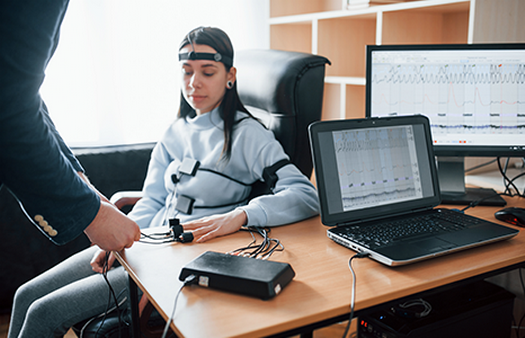
Among the technologies financed by the US Department of Veterans Affairs Innovation Initiative is a wearable device that offers continuous renal dialysis. This technology has been deemed as quick and convenient by health conferences worldwide. Instead of patients attending VA dialysis clinics multiple times per week, this device delivers continuous dialysis that stabilizes metabolic and fluid levels as veterans go about their everyday occupational challenges. According to healthcare events in 2023, it not only helps patients feel better, but it also decreases the need for visits, medicine, and food and travel restrictions.
Veterans with Chronic Kidney Disease (CKD) who have a service-connected or non-service-connected disease can get healthcare from the VA. Veterans with CKD can get dialysis therapy from the VA, a procedure that eliminates excess toxins from the blood when the kidneys cannot do so. The VA also offers telehealth services to veterans, allowing them to virtually visit with VA clinicians and provide vital health data from their homes, utilizing a computer or mobile device. Veterans with CKD who have trouble traveling to VA medical centers for dialysis treatment may benefit from the VA's telemedicine programs.
High-Tech Prosthetic Fits For Injured Veterans
This digital tool analyzes the veteran's gait abnormalities and develops a rehab plan to assist him or her in feeling and appearing more natural and symmetric with the prosthesis. According to the VA, the technology includes cameras discreetly put on the lab's walls as well as force panels on the floor that can accurately detect the pressure of a patient's stride. The device assesses gait in prosthetic patients as well as those suffering from Parkinson's disease, multiple sclerosis, spinal cord damage, or joint replacements. It can also test how effectively a patient handles a wheelchair or other particular duties.
For injured soldiers, high-tech prosthetic fittings are offered to improve comfort and mobility. Recent breakthroughs in prosthetic materials, technology, and design have expanded the options available to injured warriors and those who have had a limb amputated. With up to 6% of injured Iraq and Afghanistan veterans suffering limb amputations, high-tech prostheses are becoming increasingly crucial for veterans. Renowned health conferences report that the VA also looks at new technologies to improve prosthetic comforts, such as myoelectric arms and socket liners that can adapt to excess perspiration.
Machine Learning Tools And Artificially Intelligent Healthcare For Veterans
The government has embraced artificial intelligence (AI) to enhance veterans' healthcare. The VA is utilizing AI to enhance the accuracy and timeliness of medical diagnosis, to detect veterans at risk of suicide, and to improve healthcare delivery efficiency. The VA's use of AI is intended to improve veterans' overall health and well-being while guaranteeing they receive the best available treatment. The VA's application of artificial intelligence in healthcare is an example of how technology may be utilized to improve the lives of veterans and their families.
The VA is investigating technologies that can handle the majority of document analysis for the department by scanning and detecting patterns in medical pictures such as CT scans, MRIs, and dermatological scans using machine learning and natural language processing. In addition, the VA is investing in new pilots, initiatives, and use cases to guide the integration of AI into particular procedures to enhance veterans' treatment.
How Can Veterans And Their Families Benefit From These Efforts?
Health conferences today highlight a variety of ways through which veterans and their families can benefit from technology-based healthcare services. Tech-healthcare initiatives can give veterans access to healthcare services and medical aid, such as the basic Medical Benefits Package. The VA presently serves over 9 million veterans each year. Tech-healthcare programs available to anybody interested in learning how to incorporate technology into veteran care can enable access to mobile mental health treatments. Furthermore, technology-enabled healthcare systems can increase the efficiency and accuracy of medical diagnostics, resulting in better health outcomes for veterans.
Where Can One Learn More About Healthcare Initiatives?
Whether you are seeking veteran healthcare support or simply gratifying your inner health enthusiast, Health 2.0 Conference is an amazing platform for you. At this global healthcare event, you can discover the latest developments in healthcare, learn from expert speakers and experience-holders in resonating fields, and collaborate with like-minded individuals to boost your personal or professional prospects in healthcare.

